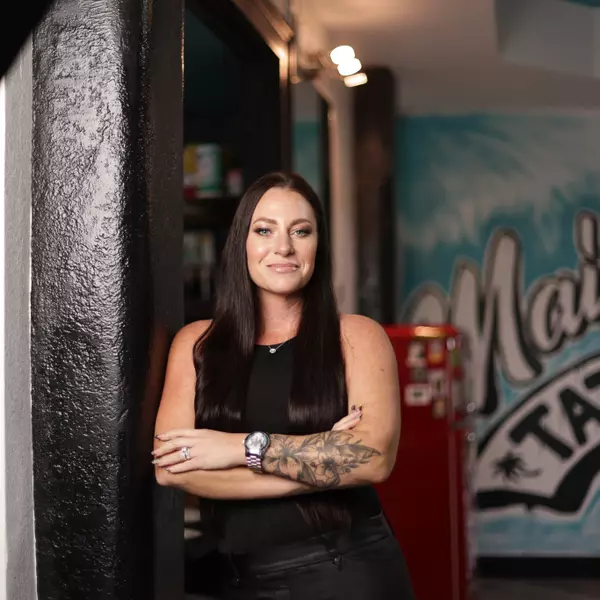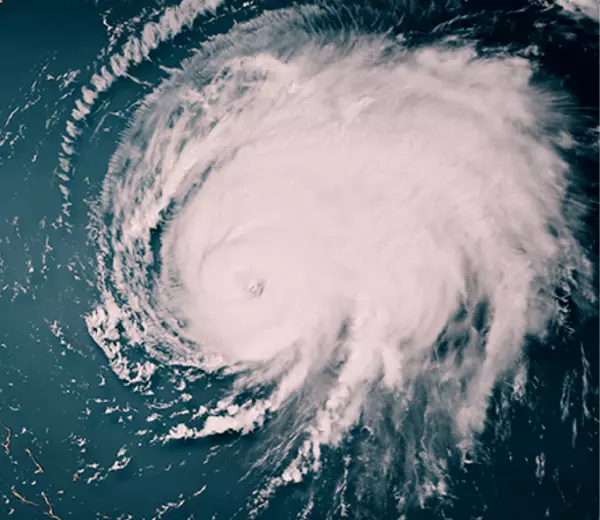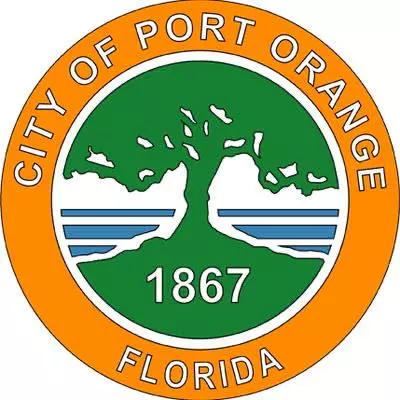New to Florida? Here’s What Every Homebuyer Should Know About Hurricanes
Buying a home in Florida means sunshine, palm trees—and the occasional hurricane warning. If you're relocating from out of state or have never owned a home in a hurricane-prone area before, don't worry. With a little prep (and the right information), you'll feel confident and ready.
Here’s what every Florida homebuyer should know when it comes to hurricane safety, protection, and peace of mind.
🌪️ What Is Hurricane Season—and When Is It?
Florida’s official hurricane season runs from June 1 to November 30, with the peak months typically being August through October. During this time, you'll hear about tropical storms, watches, and warnings. But not every system makes landfall, and Floridians know the difference between “storm-aware” and “panic-mode.”
The key is being proactive, not reactive.
🏠 What to Look for When Buying a Home in Florida
When house hunting, keep an eye out for storm-smart features like:
-
Impact-rated windows or shutters
-
Newer roof (within the last 10–15 years) with wind mitigation
-
Garage doors rated for hurricane force winds
-
Elevated construction or homes outside of high-risk flood zones
-
Gutters and proper drainage around the property
Ask your agent (that’s me!) for a copy of the seller’s wind mitigation report—it can also help lower your insurance premium.
🧰 How to Prepare Your Home for a Storm
If a named storm is approaching, here’s a quick checklist for your property:
-
Install shutters or board windows
-
Secure outdoor items: patio furniture, planters, grills
-
Check flashlights and batteries
-
Charge devices and backup power sources
-
Fill up your gas tank and have cash on hand
-
Test your generator (if you have one)
-
Gather insurance docs and important papers
Bonus: Having a plan for pets and kids ahead of time can reduce stress if you ever need to evacuate or hunker down.
🧳 What Goes in a Hurricane Kit?
Your basic hurricane supply kit should include:
-
Bottled water (1 gallon per person, per day for 3–7 days)
-
Non-perishable food
-
Manual can opener
-
Flashlights + batteries
-
First aid kit and prescriptions
-
Important documents in waterproof bags
-
Chargers and portable power banks
-
Pet food and supplies
-
Toiletries and sanitation items
You’ll find hurricane kits in local stores starting in spring—but I always recommend building yours before peak season.
💡 What About Flood Zones & Insurance?
Some homes are in designated flood zones, which may require flood insurance if you’re financing with a mortgage. Even if it’s not required, it’s often a smart add-on in Florida.
Here’s what to do:
-
Ask for the flood zone status when viewing a home
-
Request elevation certificates (some insurers offer discounts)
-
Factor in flood insurance costs when budgeting
Flood insurance is separate from homeowners insurance and typically must be purchased through the National Flood Insurance Program (NFIP) or private carriers.
🙋🏼♀️ Final Thoughts from a Local
Hurricanes are just part of Florida life—but so is preparation. The more you understand, the more empowered you'll feel as a homeowner.
I’ve helped many out-of-state buyers confidently settle into their Florida homes with the peace of mind that comes from knowing exactly what to expect. I’ll walk you through every step—including reviewing flood zones, wind mitigation reports, and prepping your first hurricane kit.
📲 Questions About Hurricane Prep or Florida Real Estate?
I’m always happy to help, whether you’re shopping for your first home or already under contract. Let’s make sure your move to Florida is as smooth—and storm-ready—as possible.
Categories
Recent Posts
GET MORE INFORMATION





